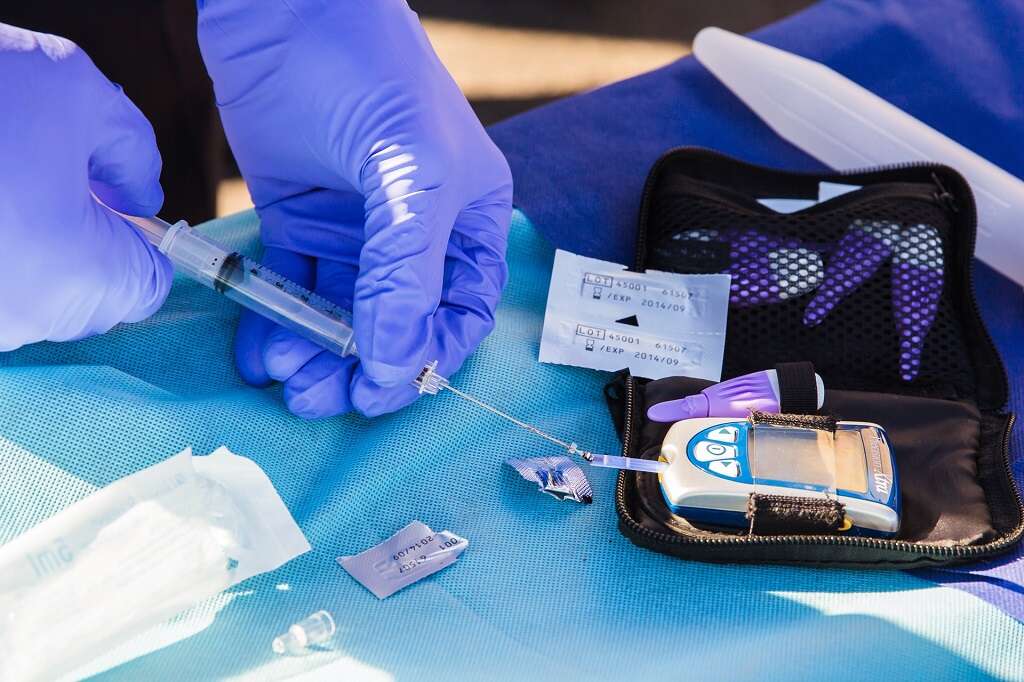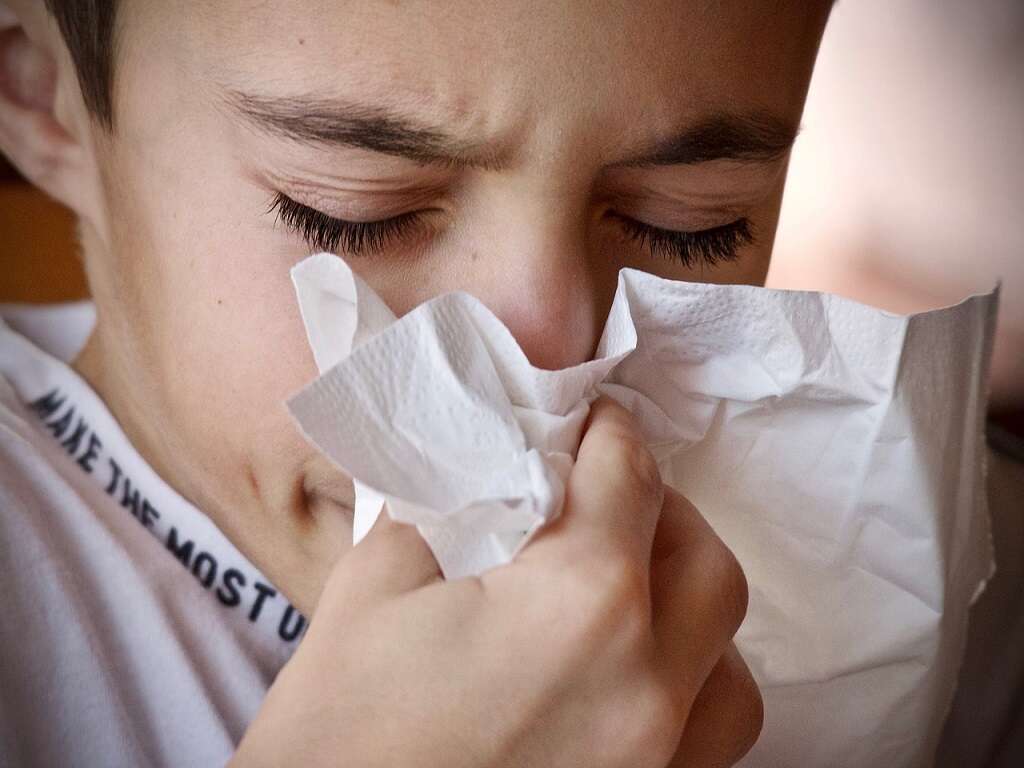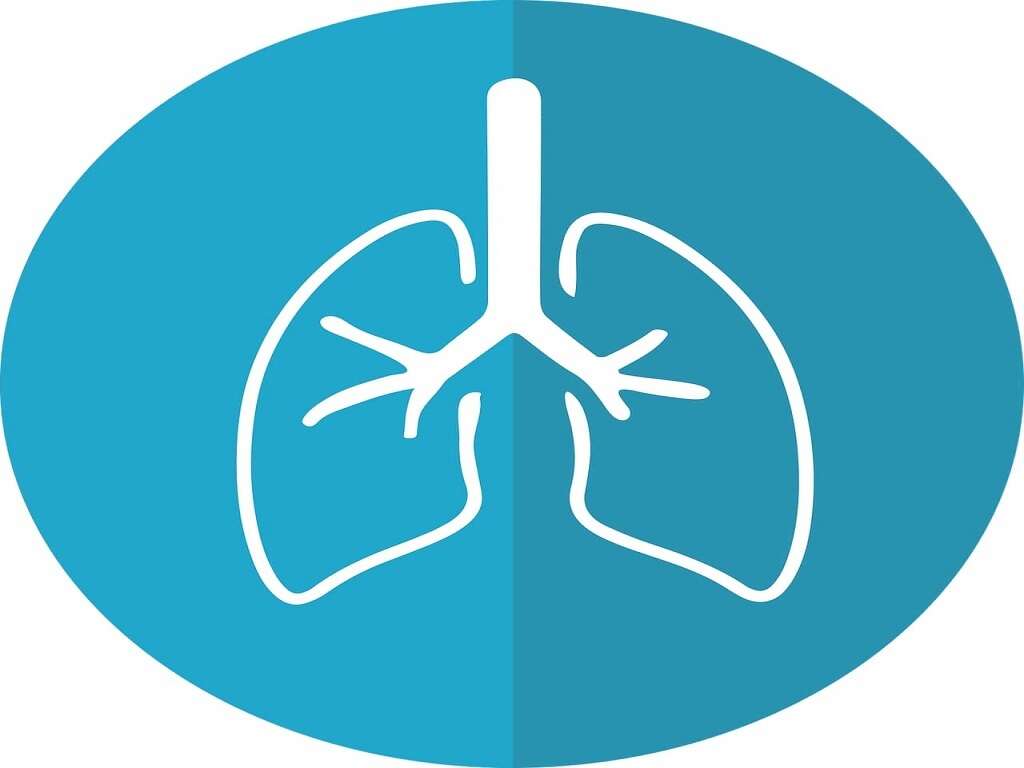Ageusia Causes, Treatments & More
 Article Sources
Article Sources
- 1. Bhandare, Nikhil N, et al. 'Diabetic Tongue - Could It Be a Diagnostic Criterion?' Journal of Family Medicine and Primary Care, Medknow Publications & Media Pvt Ltd, July 2014, www.ncbi.nlm.nih.gov/pmc/articles/PMC4209693/#:~:text=Diabetes mellitus (DM)
- 2. McConnell RJ;Menendez CE;Smith FR;Henkin RI;Rivlin RS; 'Defects of Taste and Smell in Patients with Hypothyroidism.'The American Journal of Medicine, U.S. National Library of Medicine, pubmed.ncbi.nlm.nih.gov/1163545/
- 3. 'Tongue Problems.' Tongue Problems | Michigan Medicine, www.uofmhealth.org/health-library/sig258564.
- 4. Ask the Doctor: 'Is My Blood Pressure Medicine Changing My Ability to Taste?' Harvard Health, 24 Sept. 2019, www.health.harvard.edu/newsletter/article/ask/the/doctor/is/my/blood/pressure/medicine/changing/my/ability/to/taste
- 5. 'Taste Disorders.' National Institute of Deafness and Other Communication Disorders, U.S. Department of Health and Human Services, 14 Dec. 2020, www.nidcd.nih.gov/health/taste-disorders
Ageusia can affect people of all ages. It's a condition that affects the tongue's ability to taste anything. Whether it's sweet, bitter, salty or tangy, anyone with the condition would not just have reduced taste, which is known as hypogeusia. They would have a complete inability to taste anything.
Many common conditions, such as the common cold, can affect someone's ability to taste, as can certain medications and nutritional deficiencies. Some individuals are born with the condition, while others may feel they have issues with their sense of taste when it's their sense of smell that is affected.

The Common Cold
The common cold is caused by viruses and can make people feel terrible. Individuals can experience a wide variety of symptoms, including a sore throat, runny nose, headaches, coughs, sneezing, muscle aches, raised temperatures and loss of smell or taste or both. Children and adults can have the same symptoms, but children's symptoms may last longer.
The common cold can sometimes cause ageusia, a total lack of taste. Still, individuals are more likely to experience a reduced ability to taste, resulting in normally tasty foods coming across as bland and tasteless.

Sinusitis
Sinusitis causes the sinuses to swell and become inflamed. A virus normally causes the condition. Individuals with acute sinusitis may have difficulty breathing through their nose because of mucus buildup in the sinus cavity. It usually clears up after about a week.
Symptoms of sinusitis lasting over 12 weeks are referred to as chronic sinusitis. They may include thick, discolored discharge from the nose, bad breath and inflammation that can interfere with the sinus's ability to drain, resulting in an inability to taste or smell.

Diabetes
Diabetes type 1 is a chronic condition that occurs when individuals cannot produce the insulin required to control their blood sugar levels. Type 2, which is more common, occurs when the body cannot produce enough insulin or the insulin is not working efficiently.
The disease can manifest many symptoms, including fatigue, weight loss, blurred vision, and recurring skin infections. Taste dysfunctions, such as hypogeusia, dysgeusia and ageusia, have also been linked with diabetes.1Bhandare, Nikhil N, et al. ‘Diabetic Tongue - Could It Be a Diagnostic Criterion?’ Journal of Family Medicine and Primary Care, Medknow Publications & Media Pvt Ltd, July 2014, www.ncbi.nlm.nih.gov/pmc/articles/PMC4209693/#:~:text=Diabetes mellitus (DM)

Hypothyroidism
Otherwise known as an underactive thyroid, hypothyroidism is a condition in which a person's thyroid gland doesn't produce enough hormones. If not dealt with, it could lead to several health conditions, such as obesity, infertility and heart disease.
Signs and symptoms can vary in individuals, depending on the severity of the hormone deficiency. Symptoms can include increased sensitivity to cold, depression, impaired memory and complete loss of taste. Thyroxine replacement therapy may normalize taste sensitivity.2McConnell RJ;Menendez CE;Smith FR;Henkin RI;Rivlin RS; ‘Defects of Taste and Smell in Patients with Hypothyroidism.’The American Journal of Medicine, U.S. National Library of Medicine, pubmed.ncbi.nlm.nih.gov/1163545/

Radiation Therapy
The main options for tackling head and neck cancer are surgery, chemotherapy, targeted therapy and radiation therapy. All the procedures come with possible side effects, such as blood clots, hair loss, liver problems and sometimes a complete loss of taste.
Radiation therapy can cause damage to taste buds and salivary glands, resulting in ageusia. Taste dysfunctions caused by the therapy usually begin to improve between three and eight weeks after completion of radiation therapy.

Nutritional Deficiencies
Several health problems could arise if the body is not provided with sufficient amounts of certain vitamins and minerals. A deficiency in vitamin B12, for instance, could cause issues with the endocrine system, a collection of glands that produce hormones, resulting in altered or complete loss of taste.
Recovering from vitamin B12 deficiency could take time, meaning anyone who loses the sense of taste may not see much improvement for a couple of months. Improvement may occur gradually over maybe 12 months.

Glossitis
Glossitis is usually a harmless condition. It can cause the tongue to swell and change color. The small bumps on a person's tongue known as papillae may also disappear. This could lead to a loss of taste as the papillae contain thousands of minute sensors called taste buds.
Glossitis can be caused by several factors, including food, certain medications and irritants. The virus that causes cold sores and blisters around the mouth, herpes simplex, is another possible cause.

Certain Medications
Ageusia could be caused by certain medications. Angiotensin receptor blockers are one such drug that could lead to a total loss of taste. They are used to manage high blood pressure, heart failure and chronic kidney disease.
Certain cardiovascular drugs, including statins, may alter taste and possibly cause people to lose it entirely. These drugs impair the ability to taste by directly affecting the taste receptors, altering how the taste buds send and receive nerve impulses.4Ask the Doctor: ‘Is My Blood Pressure Medicine Changing My Ability to Taste?’ Harvard Health, 24 Sept. 2019, www.health.harvard.edu/newsletter/article/ask/the/doctor/is/my/blood/pressure/medicine/changing/my/ability/to/taste

Diagnosis
A doctor specializing in the ears, nose, throat, head and neck, called an otolaryngologist, would determine the extent of a taste disorder and decide whether the individual is experiencing ageusia.5‘Taste Disorders.’ National Institute of Deafness and Other Communication Disorders, U.S. Department of Health and Human Services, 14 Dec. 2020, www.nidcd.nih.gov/health/taste-disorders
They do this by measuring the lowest concentration of taste quality a person recognizes. Also, the patient might be asked to compare the tastes of different substances or note how the intensity of a taste grows when a substance's concentration is increased.

Therapy & Care
Dealing with the underlying condition that causes ageusia could see a person's sense of taste return. Bacterial sinusitis could be cleared up with a course of antibiotics. Decongestants may help relieve the symptoms of common colds, after which a person's sense of taste should return.
A doctor may also prescribe certain medications to minimize the effects of an autoimmune disorder, such as Hashimoto's thyroiditis, which can cause hypothyroidism. Lifestyle changes, such as quitting smoking, can also help enhance a person's sense of taste.











